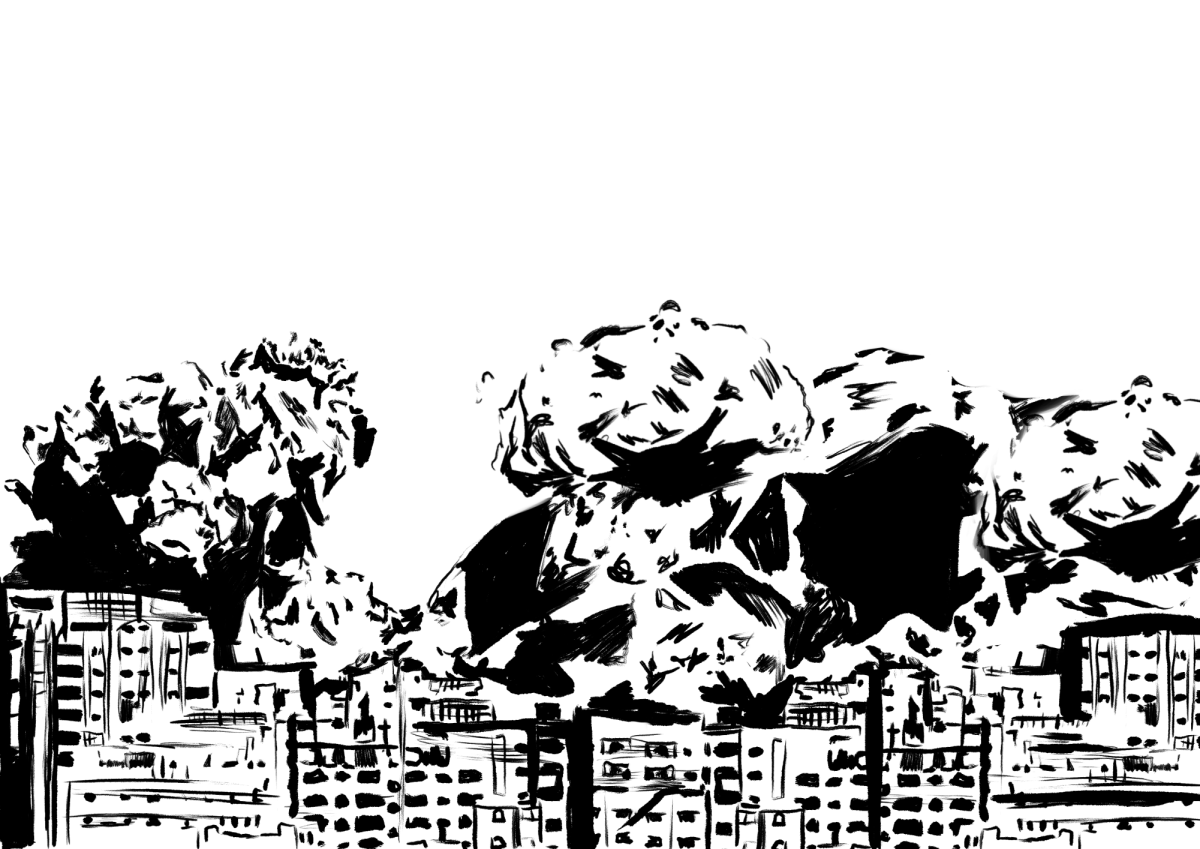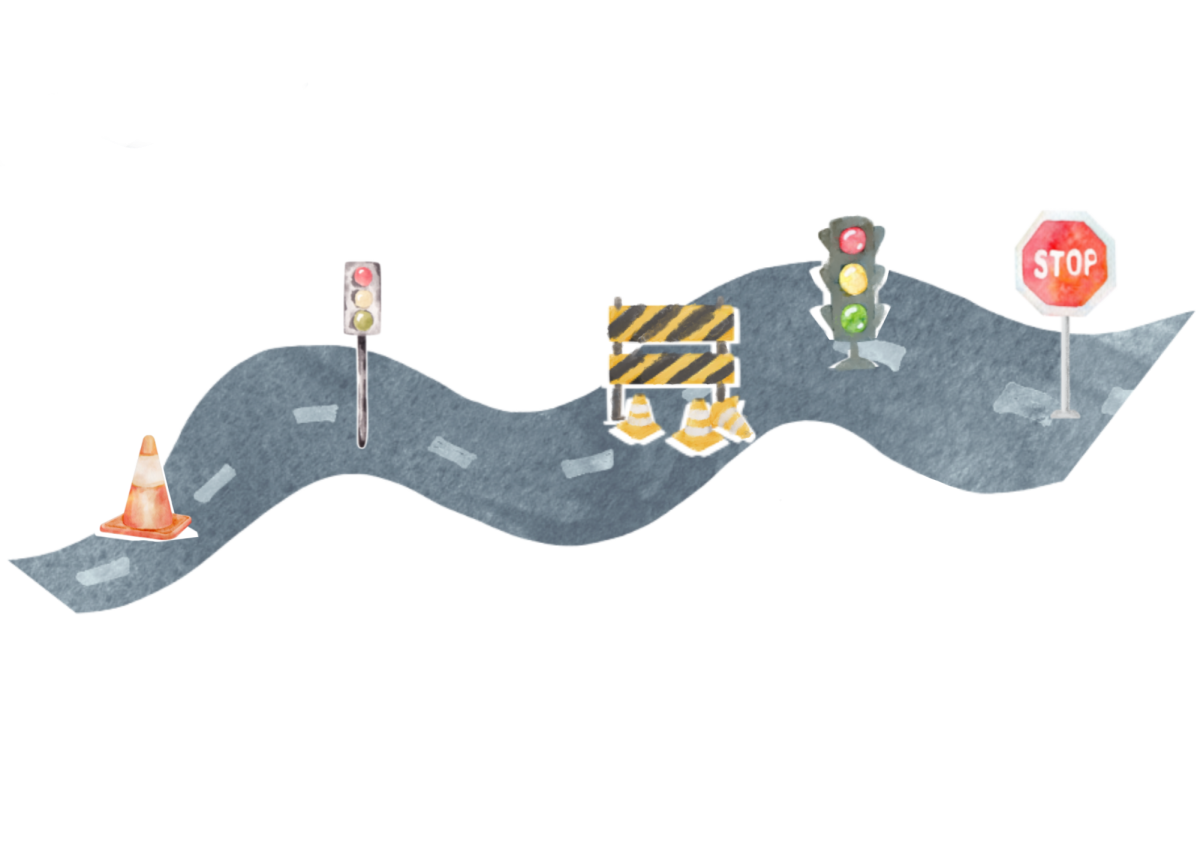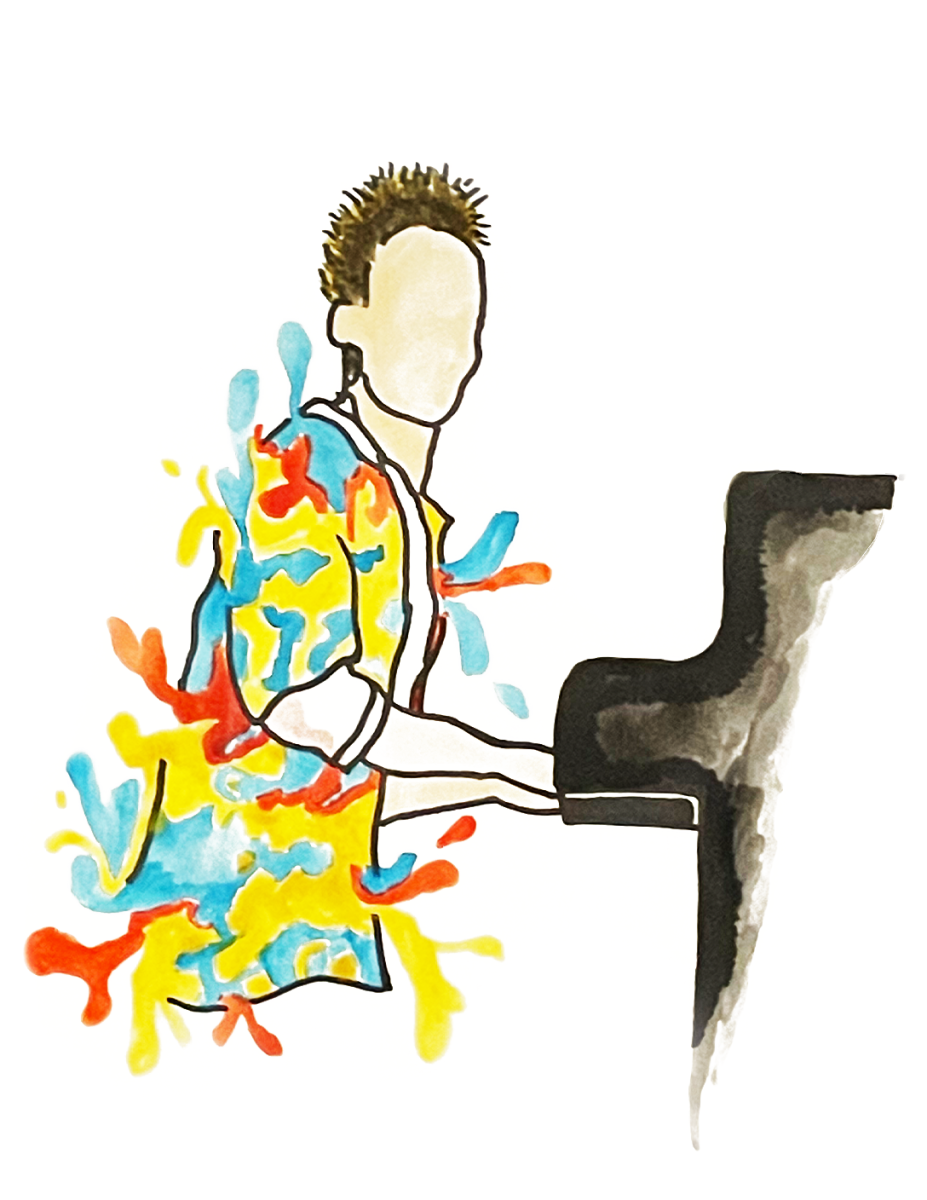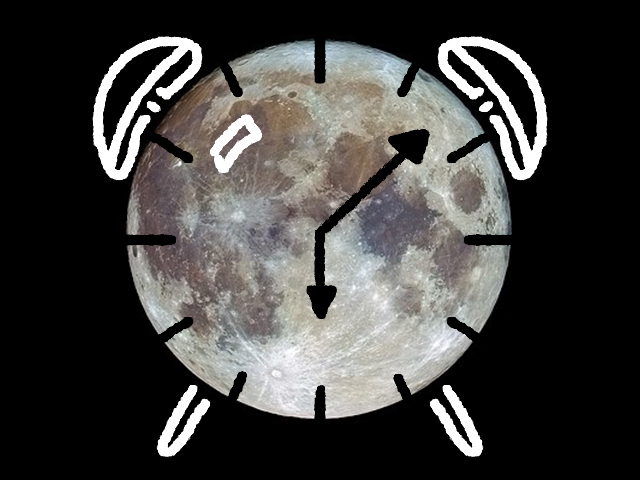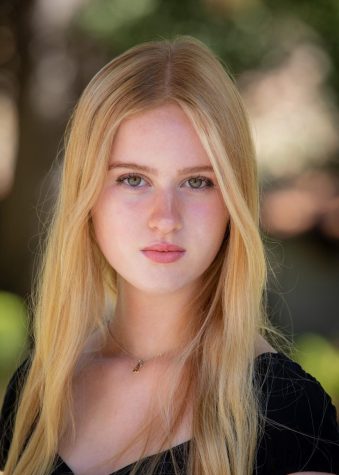Daylight Savings? Really?
November 18, 2022
Around this time of the year, it is a common complaint that it is getting dark so early. This is a natural phenomenon of course, and to that end nothing can be done. However, soon we will have to ‘fall back’ and darkness will approach even earlier every day.
Originally, daylight savings was installed to allow there to be some daylight in the mornings during the winter months. This is with the intent of conserving energy during WWI, and then was more permanently installed during WWII.
While this was a great idea at the time, it is not really necessary in this day and age. It makes no difference in terms of energy consumption, because people will use the lights at night time the same as they would in the mornings. In fact, by the time it gets dark at night which could be as early as around 4:30 (obviously this depends on your geographic location in the world), people will definitely require light use and possibly even more so that they will in the morning.
Daylight in the morning is less crucial nowadays with less of an agricultural society requiring farmers to commence work at the break of dawn. These days, early evening being dark is more of a danger with people driving home in the dark and having to navigate in areas with less lights.
Daylight savings is only further altering the naturally shorter days during the fall and winter season. Many people despise these earlier sunsets, shorter days, and night approaching earlier. Instead of making this even worse by creating artificial daylight savings times, the natural sun schedule should determine the lighting.
Many states and countries have already gone away with daylight savings. Some of these include Oregon, Utah, Arizona, and Maryland. Japan, India, and China do not have daylight savings.
Permanent standard time that does not change twice a year is an advancement for society. I would eliminate confusion for those who forget to change their clocks, and potentially avoid disastrous late appearances to important events. Similarly, longer daylight hours at night will keep people happier in winter and could even help with seasonal depression.
Daylight savings is unnecessary and this issue should be looked further into on the national level.


